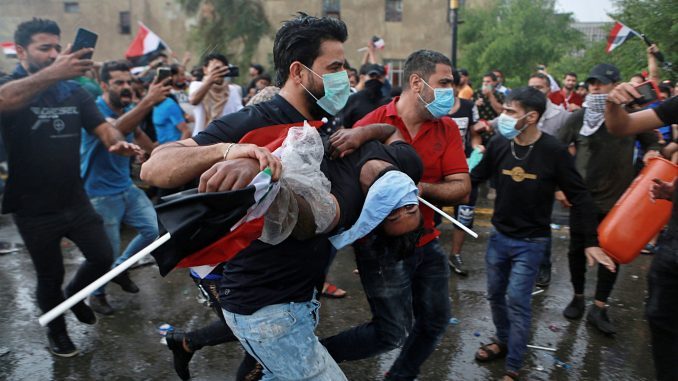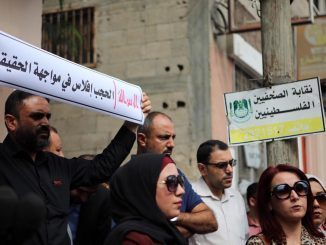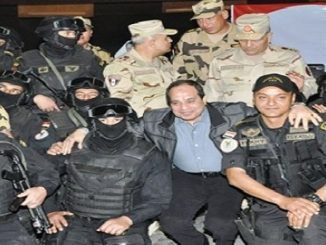
Iraqi Prime Minister Adel Abdul Mahdi’s two main backers have agreed to work to remove him from office as protests against his government gained momentum in Baghdad and much of the Shi’ite south only to be met with violence, reported Reuters.
Populist Shi’ite cleric Moqtada al-Sadr, who leads parliament’s largest bloc, had asked Abdul Mahdi to call an early election. When the premier refused, he called on his main political rival Hadi al-Amiri to help oust him.
Amiri – who leads a parliamentary alliance of Iran-backed Shi’ite militia that holds the second-largest amount of seats in parliament behind Sadr’s alliance – issued a statement late on Tuesday agreeing to help oust the prime minister.
“We will work together to secure the interests of the Iraqi people and save the nation in accordance with the public good,” Amiri said in a statement.
Abdul Mahdi took office just a year ago after weeks of political deadlock in which Sadr and Amiri both failed to secure enough votes to form a government. They appointed Abdul Mahdi as a compromise candidate to lead a fragile coalition government.
Mass protests driven by discontent over economic hardship and corruption have broken nearly two years of relative stability in Iraq. At least 250 people have been killed since the unrest started on Oct. 1.
Iraq’s Umm Qasr port operations halted by protesters
In the same context, operations were at a complete standstill at Iraq’s Umm Qasr commodities port near Basra on Wednesday after protesters blocked its entrance in the previous day, port officials said.
Umm Qasr receives imports of grain, vegetable oils and sugar shipments that feed a country largely dependent on imported food.
The port had been operating at only around 20% of the normal level on Tuesday after protesters blocked its entrance, port officials said.
“Protesters have blocked the main entrance to the port. Trucks that carry goods can’t enter or leave the facility,” said one of the officials.
Thousands of Iraqis have taken to the streets this week in a second wave of protests against a government and a political elite they say is corrupt and out of touch. The death toll since a broader wave of unrest started on Oct.1 is at least 250.
Further disruptions to operations could cause financial damage to the country and impact the inflow of commodities, port officials said in a statement.
“Halting the entry of commodities will cause a huge increase in the price of goods and create negative results,” the statement added.
Port officials say they are holding talks with protesters to try to persuade them to allow trucks and shift workers to enter and leave the port so it can resume normal operations.
Iran criticizes foreign interference in Iraq and Lebanon
However, Iran on Wednesday accused the United States, Saudi Arabia and Israel of stoking unrest in Lebanon and Iraq, and called for calm in both countries.
“Our advice has always been to call for peace and (stopping) interference by foreign forces in these countries,” President Hassan Rouhani’s chief of staff Mahmoud Vaezi was quoted as saying by state media.
The United States, Saudi Arabia and Israel were riding a wave of popular demands and providing those forces with financial support, he added.



